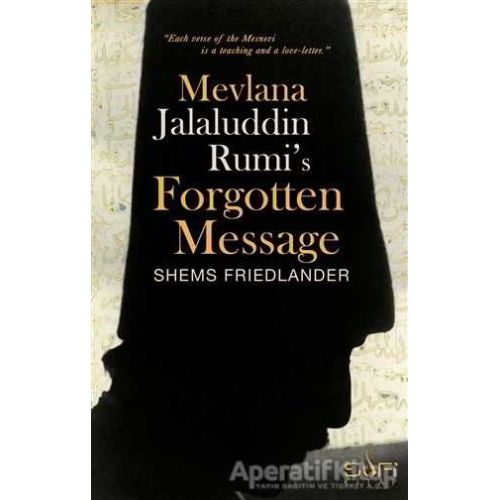Hiç mesaj bulunmadı
| Taksit | Tutar | Toplam |
|---|---|---|
| Tek Çekim | 340.00 TL | 340.00 TL |
| 2 Taksit | 170.00 TL | 340.00 TL |
| 3 Taksit | 113.33 TL | 340.00 TL |
| 4 Taksit | 90.95 TL | 363.80 TL |
| 5 Taksit | 73.44 TL | 367.20 TL |
| 6 Taksit | 61.77 TL | 370.60 TL |
| Taksit | Tutar | Toplam |
|---|---|---|
| Tek Çekim | 340.00 TL | 340.00 TL |
| 2 Taksit | 170.00 TL | 340.00 TL |
| Taksit | Tutar | Toplam |
|---|---|---|
| Tek Çekim | 340.00 TL | 340.00 TL |
| 2 Taksit | 170.00 TL | 340.00 TL |
| 3 Taksit | 113.33 TL | 340.00 TL |
| Taksit | Tutar | Toplam |
|---|---|---|
| Tek Çekim | 340.00 TL | 340.00 TL |
| 2 Taksit | 170.00 TL | 340.00 TL |
| 3 Taksit | 113.33 TL | 340.00 TL |
| Taksit | Tutar | Toplam |
|---|---|---|
| Tek Çekim | 340.00 TL | 340.00 TL |
| 2 Taksit | 170.00 TL | 340.00 TL |
| 3 Taksit | 113.33 TL | 340.00 TL |
| 4 Taksit | 90.10 TL | 360.40 TL |
| 5 Taksit | 72.76 TL | 363.80 TL |
| 6 Taksit | 61.20 TL | 367.20 TL |
| Ödeme Türü | Toplam Tutar |
|---|---|
| Diğer Kredi Kartları | 340.00 TL |
| Havale / Eft | 340.00 TL |
| Posta Çeki | 340.00 TL |
| Kapıda Ödeme | 350.00 TL |
Kapıda ödemeli siparişlerde +10,00TL kapıda ödeme hizmet bedeli ilave edilir. |
|
- Vade farksız taksitler KOYU renkte gösterilmektedir.
- X+X şeklinde belritilen taksitler (Örneğin: 2+3) 2 taksit olarak işleme alınmakta ancak ilgili bankanın kampanyası dahilinde 2 taksit üzerinden işlem yapıldığı halde 2+3 yani 5 taksit olarak kartınıza ve ödemenize yansımaktadır. (2 taksit seçilmiş olsa bile banka kampanyası dahilinde ekstradan vade farkı eklenmeden işlem 5 taksite bölünmektedir.)
The cure for our spiritual amnesia is the integration of Rumi’s lessons into daily life. There is a need to understand Islam in contemporary times.
Mevlana Jalaluddin Rumi is deeply rooted in the prophetic tradition. Rumi is the most populer poet of our age yet is almost completely misunderstood and misinterpreted in the popular culture.
Within his Mesnevi, The Signs of the Unseen, and his other work, is the ‘Forgotten Message’ that can awaken one to the purpose of life. Today, when so many would like to read Rumi and remove any reference to Sufism and Islam, Shems Friedlander places him unequivocally within Sufism and the Heart of Islam, clearly and emphatically stating the necessity of studying Rumi in his essence, as a Sufi saint, the founder of the Mevlevi Order of Dervishes, as well as one of the greatest metaphysical poets and literary figures the world has known.
Friedlander sheds new light on the relationship of Shems and Rumi and offers a theory about Shems’ disappearance not previously voiced.
We are the heirs of Mevlana Jalaluddin Rumi. How will we treat this inheritance? Will we squander it among those who have been deceived by the world? Argue its validity with scholars in classrooms and teahouses; or will we feed yearning hearts, enhance the intellectual desires of youth, and fill the gap of disappointment of those who have reached maturity and seniority and are still empty?



